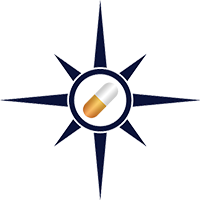



API Suppliers

US DMFs Filed

CEP/COS Certifications
0

JDMFs Filed
0
Other Certificates
0
Other Suppliers

USA (Orange Book)

Europe
0

Canada

Australia

South Africa
0
Uploaded Dossiers
0
U.S. Medicaid
Annual Reports
0
0
Impressions: 1638
https://www.pharmacompass.com/pipeline-prospector-blog/pipeline-prospector-jan-2023-mega-cap-drugmakers-face-rout-at-bourses-even-as-biotech-indices-inch-upwards
Impressions: 3690
https://www.pharmacompass.com/pipeline-prospector-blog/pipeline-prospector-jan-2020-deals-and-developments-in-pharma-and-biotech


